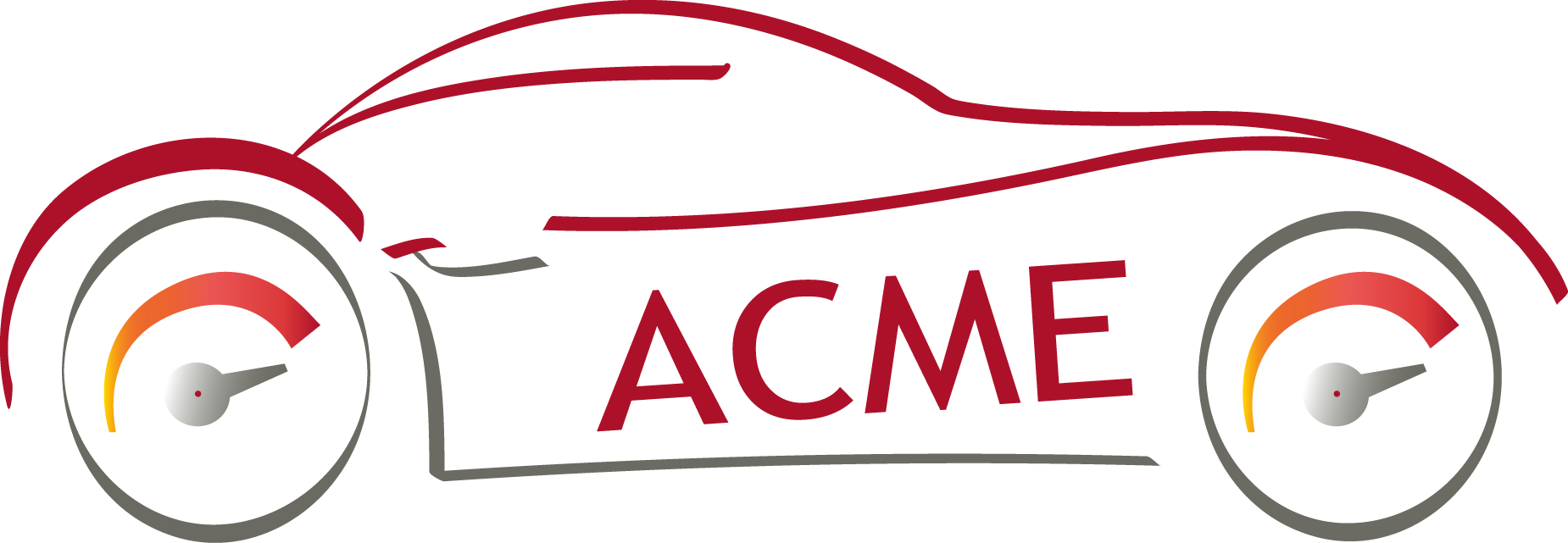Enhancing Communication Skills in Omegle Therapy
Introduction:
Communication skills play a crucial role in therapy sessions, and Omegle therapy is no exception. Omegle therapy involves using the online platform Omegle to connect with clients and provide therapy services remotely. However, the lack of face-to-face interaction in this medium poses unique challenges for therapists. Therefore, it is essential for therapists to enhance their communication skills to ensure effective therapy sessions on Omegle.
Body:
1. Active Listening:
Active listening is a fundamental skill that therapists must possess to establish a strong connection with their clients. In the context of Omegle therapy, active listening involves attentively focusing on the client’s words, understanding their emotions, and responding empathetically. This skill helps in building trust and fostering a safe therapeutic environment online.
2. Non-Verbal Communication:
Although Omegle therapy primarily relies on verbal communication, therapists can still utilize non-verbal cues to enhance the client’s experience. Therapists should pay attention to their facial expressions, body language, and tone of voice to convey empathy and understanding. Additionally, encouraging clients to use non-verbal cues, such as hand gestures or visual aids, can facilitate effective communication in Omegle therapy.
3. Clarification and Summarization:
Due to the limitations of online communication, misunderstandings can occur more easily than in traditional face-to-face therapy. To avoid misinterpretation, therapists should frequently summarize and clarify their understanding of the client’s thoughts and feelings. This technique ensures that both parties are on the same page and helps therapists provide accurate and relevant feedback.
4. Utilizing Open-Ended Questions:
Open-ended questions are invaluable tools for therapists in Omegle therapy since they encourage clients to express themselves freely. By asking open-ended questions, therapists can gather more detailed information about the client’s experiences, thoughts, and emotions. This technique allows therapists to gain a deeper understanding of the client’s concerns and tailor their interventions accordingly.
5. Empathy and Validation:
Therapists in Omegle therapy should emphasize empathy and validation to provide a supportive environment. Being empathetic means understanding and sharing the client’s emotions and experiences, while validation involves acknowledging and affirming their feelings. By practicing empathy and validation, therapists can enhance the client’s trust, encourage open communication, and promote positive therapeutic outcomes.
Conclusion:
As therapists continue to adapt to digital platforms such as Omegle for therapy, enhancing communication skills becomes crucial for maintaining therapeutic effectiveness. Active listening, non-verbal communication, clarification and summarization, open-ended questions, and empathy and validation are key areas that therapists must focus on. By consistently improving these skills, therapists can ensure a meaningful and impactful therapeutic experience for clients in the online setting.
>
How to Develop Effective Communication Skills in Omegle Therapy Sessions
>
>
In today’s digital age, online therapy has become a popular option for individuals seeking professional help from the comfort of their own homes. Omegle is one such platform that connects people from all over the world for anonymous video chats. However, to make the most out of these therapy sessions, it is essential to develop effective communication skills. In this article, we will explore some tips on how to improve your communication skills in Omegle therapy sessions.
>
>
1. Actively Listen
>
>
Active listening is a crucial component of effective communication. When engaging in therapy sessions on Omegle, make sure to give your complete attention to the other person and actively listen to what they are saying. Avoid interrupting and try to understand their perspective before responding.
>
>
2. Use Non-Verbal Cues
>
>
Non-verbal cues can convey a lot of information and emotions during a therapy session. Maintain eye contact, use appropriate facial expressions, and pay attention to your body language. These non-verbal cues can help you establish a deeper connection with the other person.
>
>
3. Clarify and Summarize
>
>
Therapy sessions on Omegle can involve complex emotions and feelings. To ensure effective communication, clarify any confusing points and summarize the key takeaways from the conversation. This not only helps you understand the other person better but also demonstrates your active involvement in the session.
>
>
4. Practice Empathy
>
>
Empathy plays a vital role in therapy sessions, both in person and online. Put yourself in the other person’s shoes and try to understand their emotions and experiences. Show compassion and validate their feelings to create a safe and supportive environment.
>
>
5. Be Mindful of Your Language
>
>
In a therapy session, words hold immense power. Choose your words carefully, ensuring that they are respectful, non-judgmental, and inclusive. Avoid using triggering or offensive language that could harm the other person.
>
>
6. Provide Constructive Feedback
>
>
In Omegle therapy sessions, constructive feedback can help the other person gain insights and make positive changes. However, it is essential to deliver feedback in a gentle and supportive manner. Focus on the behavior or situation, rather than attacking the person themselves.
>
>
-
>
- Actively listen
- Use non-verbal cues
- Clarify and summarize
- Practice empathy
- Be mindful of your language
- Provide constructive feedback
>
>
>
>
>
>
>
>
By following these tips and developing effective communication skills, you can make the most out of your Omegle therapy sessions. Remember, effective communication is the key to building a strong therapeutic relationship and achieving positive outcomes.
>
>
Disclaimer: Omegle therapy sessions should not replace professional therapy from a licensed mental health professional. If you are in need of professional help, please seek assistance from a qualified therapist.

Commentaires récents